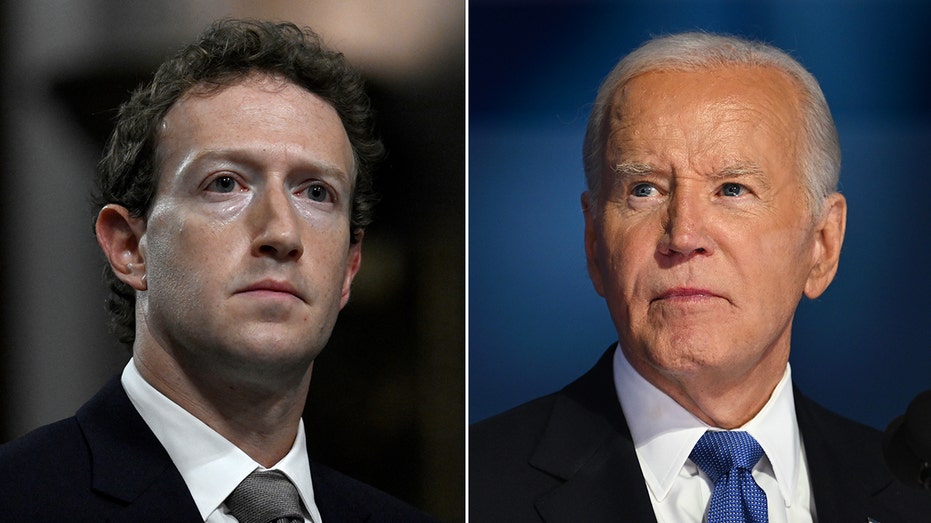Montana Supreme Court upholds ruling favoring youth plaintiffs in climate lawsuit
The Montana Supreme Court has rejected an attempt to block a ruling that determined regulators must consider carbon emissions in their issuance of fossil fuel development permits.

Montana's Supreme Court has rejected an attempt by the state's Republican governor to block a landmark climate ruling that said regulators must consider the effects of greenhouse gas emissions when issuing permits for fossil fuel development.
Justices, in a 5-2 Tuesday decision, declined the request from Gov. Greg Gianforte and three state agencies to block the August ruling from District Court Judge Kathy Seeley while an appeal by the state is pending before the high court. Seeley ruled a state law that prohibited agencies from considering the effect of emissions runs afoul of the state constitution's requirement "to maintain and improve a clean and healthful environment."
Seeley already rejected an earlier challenge by the state, saying it failed to identify flaws in her findings nor any irreparable harm if the ruling took effect.
GOP MONTANA GOV. GREG GIANFORTE ANNOUNCES REELECTION BID
The justices in the majority said Seeley "did not act arbitrarily" in rejecting the state's motion. Two justices said they would have granted the request to stay the ruling.
The state high court ruling means Montana officials must "immediately comply" with Seeley's order pending the appeal, said Mark Bellinger, an attorney for Our Children's Trust, which represented the 16 young plaintiffs who brought the case.
Director Chris Dorrington of the Montana Department of Environmental Quality said in a Wednesday statement that he was disappointed in the court's ruling but declined to say whether the agency would analyze the effects of greenhouse gas emissions when evaluating permit applications. He argued the agency should have been granted more time to respond to Seeley's ruling.
"We’re committed to getting this right for Montana and avoiding additional costly litigation while we work toward a solution," Dorrington said.
The agency is in the process of updating the Montana Environmental Policy Act, which has prohibited officials from analyzing greenhouse gas emissions since the law was revised by state lawmakers in 2023, in a move seen as benefiting a natural gas power plant being built by NorthWestern Energy.
Seeley said in her ruling it would be up to the Montana Legislature to determine how to bring the state’s policies into compliance — dimming the chances for prompt changes in a fossil fuel-friendly state where Republicans dominate the statehouse. However, the ruling provides precedent for legal challenges.
The young plaintiffs in the climate case in November submitted a brief in support of a case filed by two environmental groups that are challenging the utility's plant along the banks of the Yellowstone River near Laurel. They argued the plant's air quality permit should be declared invalid or at least suspended until the state's appeal of Seeley's ruling is decided.
It's unclear how long the appeal might take. The state's opening brief is due by Feb. 13, pending any extensions that might be granted.
The young plaintiffs who challenged the state environmental policy testified they were already feeling the consequences of climate change, with smoke from worsening wildfires choking the air they breathe, along with decreased snowpack and drought drying rivers that sustain agriculture, fish, wildlife and recreation.
Attorneys for the state argued that the volume of greenhouse gasses released from Montana fossil fuel projects was insignificant compared to global emissions and reducing them would have no effect on the climate.
Carbon dioxide, which is released when fossil fuels are burned, traps heat in the atmosphere and is largely responsible for the warming of the climate.
The earth shattered a global heat record in 2023, the European climate agency said earlier this month.
The Department of Environmental Quality has created a work group to discuss potential changes to how it uses the Montana Environmental Policy Act, which requires public input in fossil fuel and mining development. Last year's amendment by lawmakers forbid greenhouse gas emission analyses unless the federal government decided to regulate carbon dioxide as a pollutant. The work group's first meeting is next Monday.



